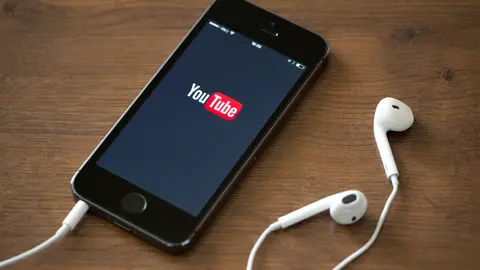YouTube Updated Its Harassment Policy—But Will It Be Enforced?

After months of on-and-off controversies surrounding the treatment of its LGBTQ content creators, YouTube has finally updated its harassment policy with more stringent protections.
On Wednesday, YouTube vice president Matt Halprin published an official statement on the company's blog detailing the platform's efforts to do better by its marginalized creators. Halprin noted that the company realized earlier this year that "for harassment, there is more we can do to protect our creators and community."
YouTube now plans to take "a stronger stance" against hate speech and personal attacks. According to Halprin, the platform will "no longer allow content that maliciously insults someone based on protected attributes such as their race, gender expression, or sexual orientation." "Toxic comments" from YouTube viewers, not just creators, are subject to the same expectations, too.
The company also says it will tighten the eligibility guidelines for its YouTube Partner Program (YPP), which allows verified creators to profit off of their content. Creators who repeatedly harass others may now be removed, and "more severe [actions]"—like issuing strikes against accounts or deleting accounts altogether—are also on the table.
News of YouTube's refreshed harassment policy comes after years of various accusations from LGBTQ content creators against the Google-owned video giant, including censorship of queer-related videos and intense, targeted harassment from conservative commentators.
Most recently, gay Latinx journalist Carlos Maza was subjected to repeated anti-gay, racist abuse from noted contrarian troll Steven Crowder. YouTube's initial response in June? Crowder's vitriol doesn't constitute hate speech.
On Twitter, Maza, who hosts Vox's "Strikethough" series, responded to the news of YouTube updating its procedures with "extreme skepticism."
"... YouTube loves to manage PR crises by rolling out vague content policies they don't actually enforce," Maza added. "These policies only work if YouTube is willing to take down its most popular rule-breakers. And there's no reason, so far, to believe that it is."





